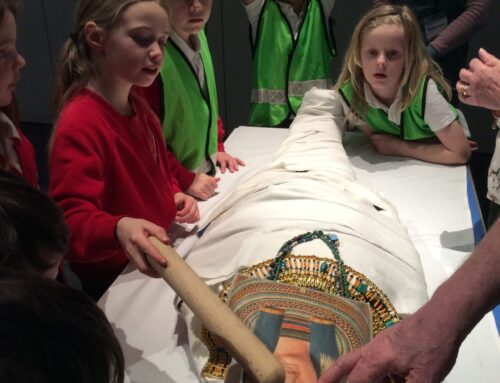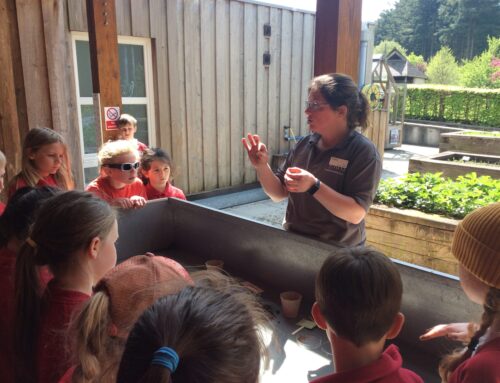Your child (in class 3) would have come home with one of these sheets today.
Putsborough group were working on homophones. Emily wrote the best one…
The schnauzer fell down the hole but it came out whole.
Saunton concentrated on adding the suffix ing to verbs. There are three different ways of doing this: most words just add ing (like adding), some have to drop the e (like hoping) and also SHORT vowel sounds that have to double the last letter, like hopping. Yes, a great conversation about the difference between hoping (hope) and hopping (hop)!
Croyde’s group looked at the three different ways of making the long a sound. _ay, a_e and _ai_.
You’ll notice that the sheet will show you what they were supposed to do at school (it’s sometimes not finished) and also what you can do at home. Reading always helps with spellings but I often remind the children to write the words on post-it-notes for the fridge so they can scrunch them up when they get them right.
Next Monday… another sheet but also a test on a variety of words from this week’s sheet.
I’m also blogging about this because I had two sheets left over and their names weren’t written on the top! Did your child come home with theirs? They’re going to find it hard to do their spellings next week if they left them there. 3 homophones for you 😉






ah, so the words at the top ARE the spellings for the week – had some time discussing whether this was the case or not !! Please can we have some clarification on short vowels, or otherwise, as we found quite a few words that had presumably ‘long’ vowel sounds (?) before the last letter, where the ‘double it’ rule does not apply e.g. eat, play, follow, open, colour, float. It would be really useful if the web site could have a crib sheet of grammar for grown ups !? 😉
Thanks Lottie, short vowel sounds mostly double the last letter when adding a suffix and long vowel sounds (ay, ee, eye, owe, you) don’t. Although, with your example of ‘open,’ yes the ‘e’ is short (not a long ‘ee’ sound) but it’s also an unstressed vowel, sounding more like an ‘u’ so maybe that’s what makes it an exception. We do cover short sounds, long sounds and also unstressed vowel sounds in Class 3, so the children will hear about these this year sometime. We’re planning a phonics evening for parents actually but you can see from my ‘simple’ reply, there’s TONNES to grammar and an evening may just leave parents with more questions than they started with! 🙂 Come see me (red font needed) to chat through what you think we could put in to an evening; I’d love to chat through ideas with a parent first. Gosh, what a long reply!